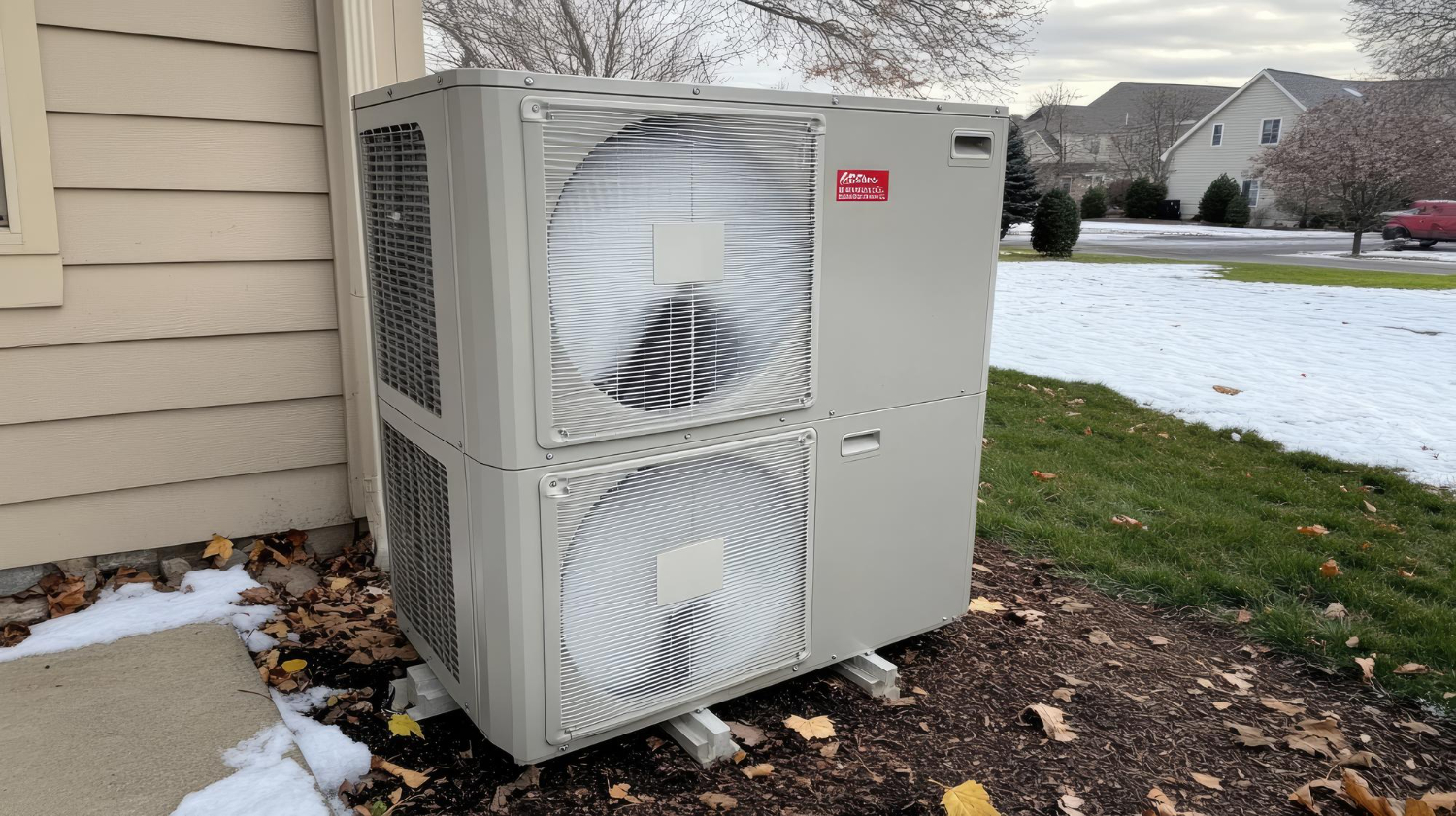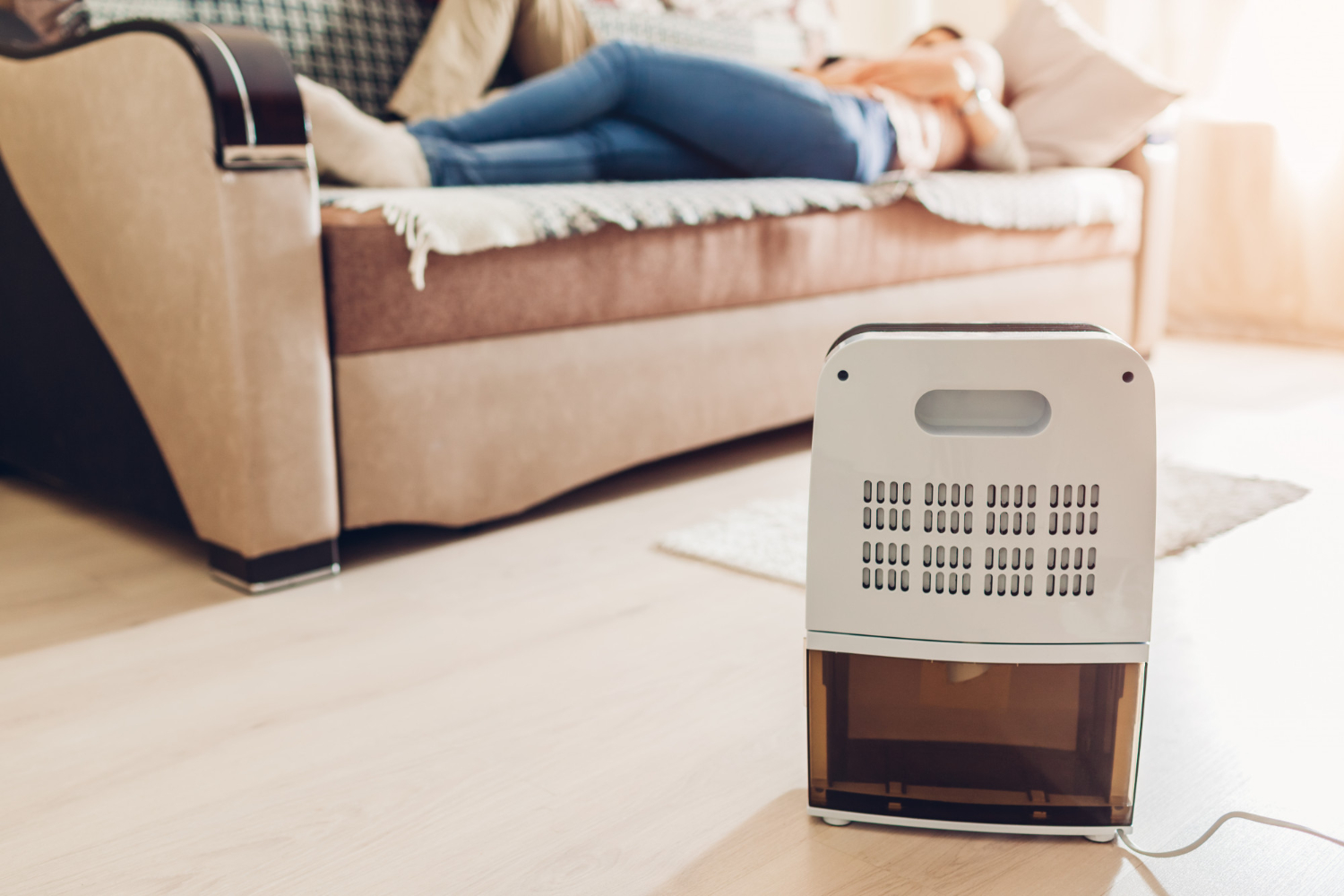Choosing the right water heater for your home is essential for ensuring a consistent supply of hot water and optimizing energy efficiency. With numerous options available, it can be challenging to determine which type best suits your needs. By understanding the different types of water heaters and the key factors to consider, you can make an informed decision that benefits your household.
Types of Water Heaters
Tank Water Heaters
Tank water heaters are the most traditional type of water heater found in many homes. These units store and heat a large volume of water in a tank, ensuring a ready supply of hot water. The tank is typically insulated to retain heat, allowing hot water to be available whenever needed. Over time, however, the stored water can lose heat, which means the heater will need to reheat the water, increasing energy consumption. Tank water heaters come in various sizes to suit different household needs.
Call Us
Tankless Water Heaters
Tankless water heaters are increasingly popular due to their efficiency and space-saving design. Unlike tank models, tankless units heat water on demand, meaning they do not store hot water. This technology reduces energy usage because the heater only operates when hot water is needed. Tankless water heaters are compact and can be installed in various locations. This type of heater is ideal for homes with limited space and for those seeking to reduce their energy consumption.
Heat Pump Water Heaters
Heat pump water heaters, also known as hybrid water heaters, use electricity to move heat from the air or ground to heat the water. This method is more energy-efficient compared to traditional electric water heaters. Heat pump water heaters often come with a tank but use a different technology to heat the water. These heaters work best in moderate to warm climates and require a bit more installation space. Despite the higher upfront cost, the energy savings over time can make heat pump water heaters a cost-effective choice.
Boilers
Boilers serve a dual purpose by providing both hot water and home heating. They can run on various fuels, including natural gas, oil, and electricity. Boilers heat water, which then circulates through radiators or under-floor heating systems to warm the home. They can also supply hot water for household use. Boilers are ideal for homes that need robust heating solutions and have higher hot water demands. Their installation, however, tends to be more complex, requiring professional expertise for both installation and maintenance.
Factors to Consider When Choosing a Water Heater
Energy Efficiency
Energy efficiency is a critical factor when choosing a water heater. An energy-efficient unit can significantly reduce your utility bills and environmental footprint. Look for water heaters with high Energy Star ratings and modern technologies designed to minimize energy consumption. Tankless water heaters, for example, are known for their efficiency because they only heat water when needed. Heat pump water heaters also offer substantial energy savings compared to traditional models.
Size and Capacity
The size and capacity of the water heater should align with your household’s hot water needs. Tank water heaters come in various capacities, typically ranging from 20 to 80 gallons. The right size depends on the number of people in the home and your daily hot water usage. For tankless water heaters, it’s essential to consider the flow rate, which is measured in gallons per minute (GPM). This will ensure that the system can handle simultaneous hot water demands, such as running a shower and dishwasher at the same time.
Fuel Type
Water heaters can operate on different fuel types, including natural gas, propane, electricity, and oil. The availability and cost of these fuels in your area can impact your decision. Gas water heaters tend to be more cost-effective to run than electric models, but they require a gas line and proper ventilation. Electric water heaters are easier to install and maintain, but they may have higher operational costs. Evaluate the fuel types available in your region and consider the long-term costs associated with each option.
Understanding these factors can help you choose the most suitable water heater for your home, ensuring you have a reliable and efficient system that meets your needs.
Advantages and Disadvantages of Different Water Heaters
Pros and Cons of Tank Water Heaters
Pros:
1. Affordability: Tank water heaters are generally less expensive to purchase and install.
2. Availability: They are widely available and come in various sizes.
3. Simple Technology: Their straightforward technology makes them easier to repair and maintain.
Cons:
1. Energy Consumption: They can be less energy-efficient as they continuously heat water to maintain the set temperature.
2. Space Requirement: Tank water heaters take up more space due to their large tanks.
3. Limited Supply: Once the hot water is depleted, it takes time to reheat another full tank of water.
Pros and Cons of Tankless Water Heaters
Pros:
1. Energy Efficiency: Tankless water heaters heat water on demand, reducing energy usage and costs.
2. Space Saving: They are compact and can be installed in tight spaces.
3. Unlimited Hot Water: These heaters provide an endless supply of hot water.
Cons:
1. Initial Cost: The upfront cost for tankless units and their installation can be higher.
2. Flow Rate Limitation: They may struggle to supply sufficient hot water if multiple outlets are used simultaneously.
3. Complex Installation: Installation can be more complicated and may require professional expertise.
Pros and Cons of Heat Pump Water Heaters
Pros:
1. Energy Efficiency: Heat pump water heaters are highly energy-efficient and can reduce electricity bills.
2. Eco-Friendly: They use renewable energy from the air or ground.
3. Longer Lifespan: Typically, these heaters have a longer operational life compared to conventional electric heaters.
Cons:
1. Initial Cost: They can be more expensive to purchase and install.
2. Space Requirement: Heat pumps require more installation space and proper ventilation.
3. Climate Dependency: Their efficiency can decrease in colder climates.
Pros and Cons of Boilers
Pros:
1. Dual Purpose: Boilers can provide both home heating and hot water.
2. Efficiency: Modern boilers are highly efficient and can lower heating costs.
3. High Demand: They are suitable for homes with high hot water demands.
Cons:
1. Complex Installation: Boiler installation requires professional expertise and can be complex.
2. Initial Investment: Boilers tend to be more expensive initially.
3. Maintenance: Regular maintenance is required to ensure efficient operation and safety.
Professional Installation and Maintenance
Importance of Hiring Our Professionals
Hiring professionals for water heater installation and maintenance is crucial for ensuring the system’s efficiency and safety. Improper installation can lead to operational issues and potential safety hazards. Our technicians have the expertise and experience to properly install all types of water heaters, from tankless systems to boilers. They can help you choose the best unit for your needs and ensure it is installed according to manufacturer specifications and local codes.
Regular Maintenance and Longevity
Regular maintenance plays a vital role in extending the lifespan of your water heater and maintaining its efficiency. Routine inspections and maintenance tasks, such as flushing the tank to remove sediment buildup or checking the anode rod, can prevent common issues that lead to breakdowns. Our professionals offer comprehensive maintenance services to keep your water heater in optimal condition, ensuring a reliable supply of hot water and reducing the likelihood of unexpected repairs.
When to Consider Replacement
Knowing when to replace your water heater can prevent inconvenient breakdowns and costly emergency repairs. Common signs that it’s time for a water heater replacement include reduced hot water supply, inconsistent temperatures, unusual noises, and increased energy bills. If your current unit is nearing the end of its expected lifespan or requires frequent repairs, replacing it with a newer, more efficient model can offer better performance and savings.
Conclusion
Choosing the best water heater for your home involves understanding the different types of water heaters, evaluating key factors, and weighing the pros and cons of each option. Whether you opt for a traditional tank water heater, a space-saving tankless system, an energy-efficient heat pump, or a versatile boiler, making an informed decision is essential.
For expert installation and maintenance of water heaters in Poulsbo, trust our professionals at Eagle Pipe Heating & Air. We are dedicated to helping you find the perfect solution for your hot water needs. Contact us today to schedule a consultation and take the first step toward a more efficient and reliable water heating system.





